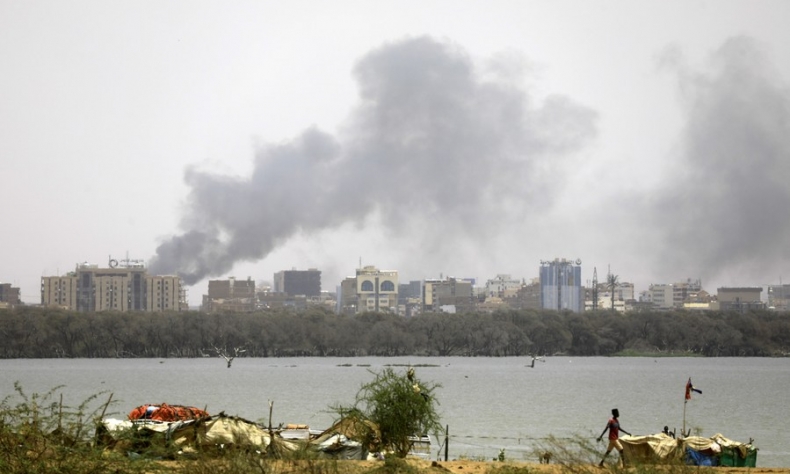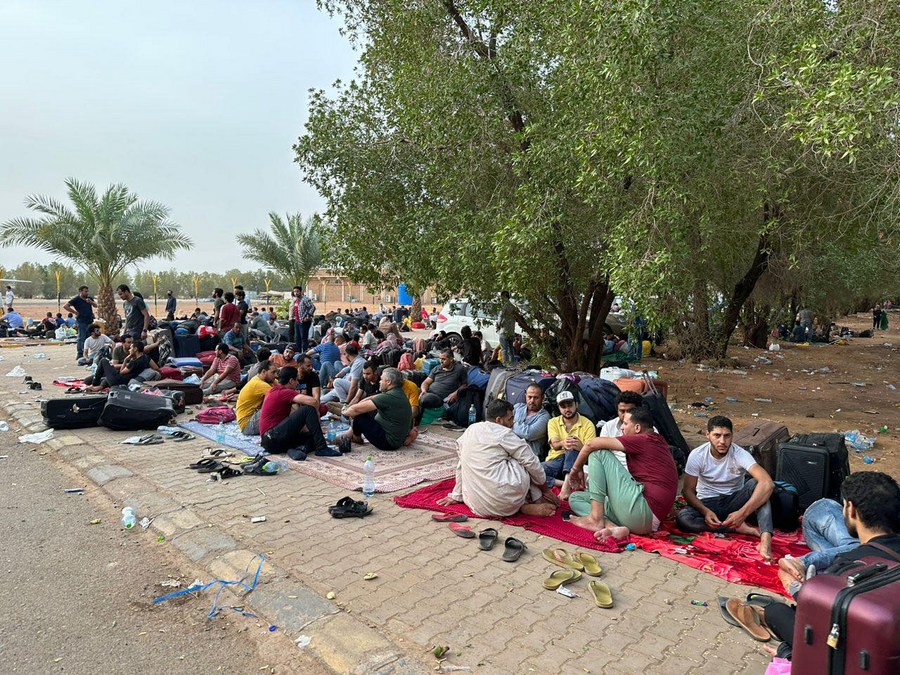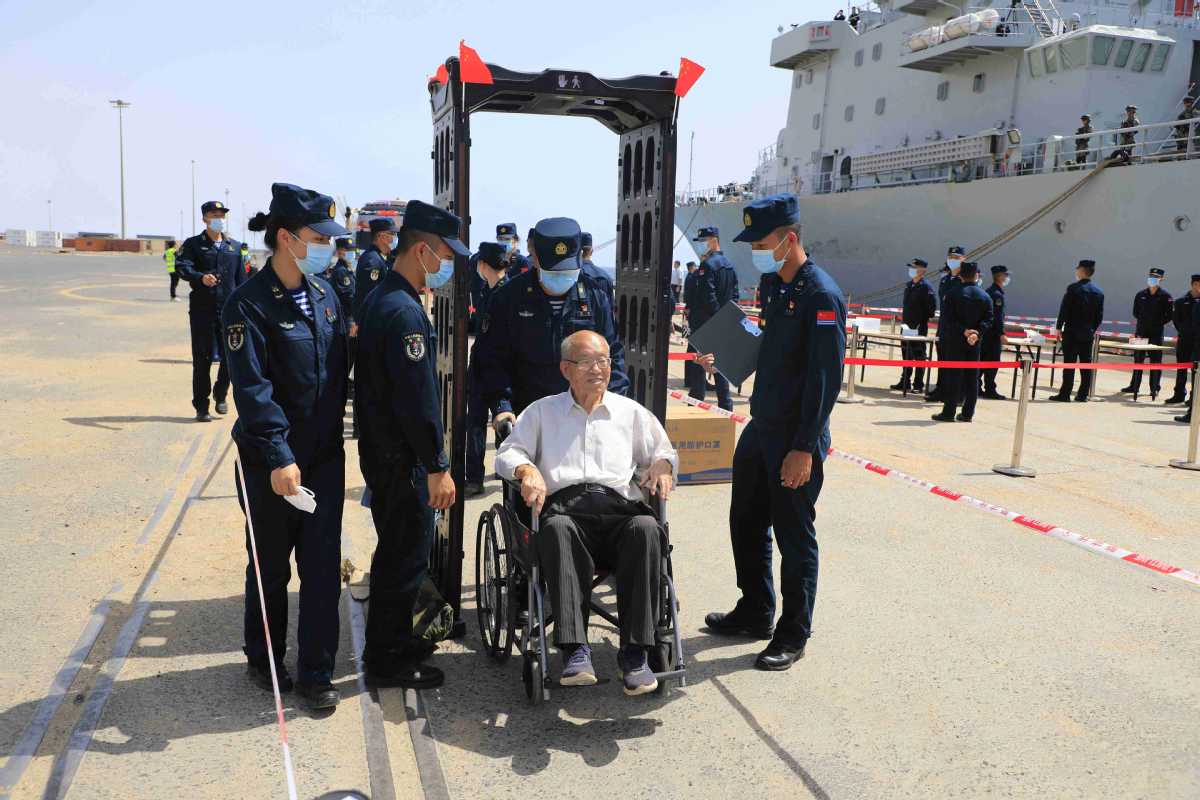In the Throes of Protracted Conflict

Political uncertainty will push the Sudanese to pay a heavy price following decades of protracted conflict.
The ongoing crisis in Sudan jeopardizes peace and stability in the African country. Clashes leading to killings and injuries are causing chaos for the Sudanese people and foreign nationals who live and work in the country. UN Secretary General António Guterres has appealed for warring parties to stop the fighting and work toward a permanent ceasefire. In particular, there are two main warring parties, namely the Sudanese Armed Forces (SAF) and the Rapid Support Forces (RSF). The two groups are at odds over the return to civilian rule.
Current hostilities, however, cannot be understood without being placed into a bigger context. From a historical prism, Sudan has suffered two civil wars, with the second ending in 2005, leading to the creation of South Sudan as an independent state six years later in 2011. Other internal conflicts, most notably in the region of Darfur, elicited additional problems of similar, if not higher, severity. Under dramatic circumstances, the RSF were established in 2013 to fight against rebels in Darfur. Then in 2017, the RSF were integrated into the Sudanese Army, although the degree of this integration would be highly contested in the years to come.

President Omar al-Bashir, who had started governing Sudan in 1989, witnessed reactions against his rule—principally due to economic calamity and food shortages—from December 2018 onward. Amid tensions, he was overthrown by a military coup in April 2019. A transitional council was subsequently formed to pave the way for the organization of democratic elections in 2022. This transitional council was composed of both military and civilian representatives. The former would govern first and the latter second. But approximately two years later, in October 2021, this collaboration model collapsed following yet another military coup.
The 2021 military coup generated a new round of tense disagreements in Sudan. On the one hand, supporters of a democratic transition felt completely disappointed. On the other, military rule could hardly guarantee the organization of an election, a task that had not been fulfilled in the years prior. More importantly, cleavages between the SAF and the RSF came to surface, with their respective commanders not in accord over the particulars of power sharing. It was therefore unsurprising that violence would eventually erupt, as is currently happening.
China is carefully looking at the dangerous situation in Sudan. Beijing’s most important priority is to secure the safety of Chinese nationals living in the country. This mission was accomplished with the People’s Liberation Army Navy evacuating 940 Chinese citizens and 231 foreigners from Sudan within six days in late April. This was not the first time for such a policy to be implemented in the Middle East and North Africa region. In 2014, for example, several Chinese nationals had to leave Libya because of the civil war erupting there. At that time, Greece sent one of its frigates to help, a decision the Chinese Government will not forget.

In tandem with the protection of safety and security, China has called on the SAF and the RSF to stop fighting as soon as possible and prevent any further escalation in order to jointly move forward the political transition process. In 2022, China’s special envoy for the Middle East, Zhai Jun, traveled to Sudan and talked about the importance of dialogue on the basis of the trilateral mechanism comprised of the United Nations Integrated Transition Assistance Mission in Sudan, the African Union, and the Intergovernmental Authority on Development.
China and Sudan enjoy good bilateral relations, which have spread to other areas and summits, such as the Forum on China-Africa Cooperation. China is also Sudan’s largest trading partner, with over 130 Chinese companies operating in the country. Obviously, political uncertainty does not help foreign enterprises. Above all, this uncertainty will push the Sudanese to pay a heavy price following decades of protracted conflict. Sudan is one of the least developed countries in the world, as designated by the UN, and cannot expect its standing to improve as long as the threat of another civil war looms.
The author is EU-China Program Director at the Centre International de Formation Européenne.
 Facebook
Facebook
 Twitter
Twitter
 Linkedin
Linkedin
 Google +
Google +










